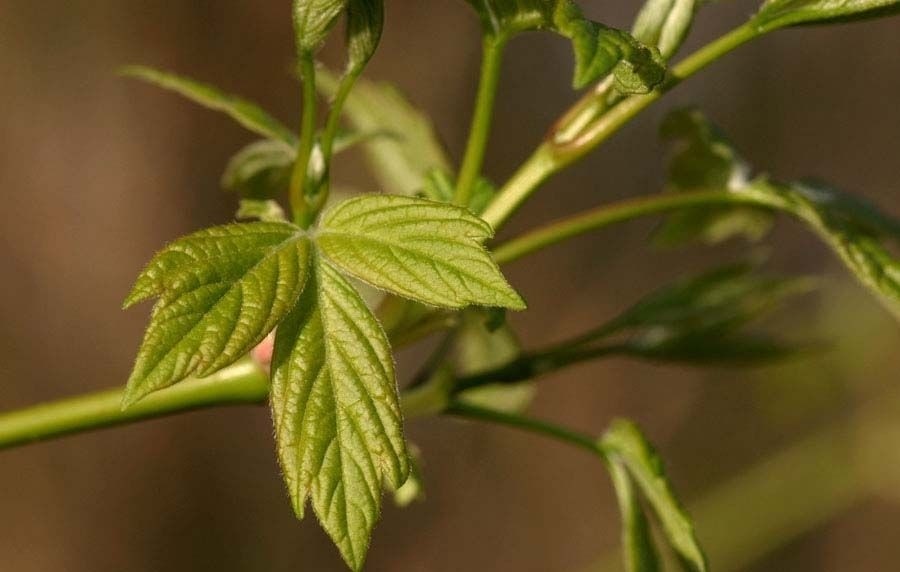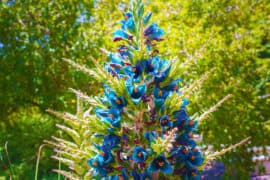Virginia threeseed mercury
(Acalypha gracilens)

Description
Acalypha virginica, commonly called Virginia threeseed mercury or Virginia copperleaf, is a plant in the spurge family (Euphorbiaceae). It is native to the eastern United States. It is found in a variety of natural habitats, particularly in open woodlands and along riverbanks. It is a somewhat weedy species that responds positively to ecological disturbance, and can be found in degraded habitats such as agricultural fields. Acalypha virginica is an erect herbaceous annual growing to 50 cm tall. It is monoecious, and produces small greenish axillary flowers with no petals. It blooms in summer through fall. It bears a similarity to Acalypha gracilens which occupies much of its geographic range. Acalypha virginica can be distinguished by its pistillate bracts which are hirsute and lack glands (vs. Acalypha gracilens, which has pistillate bracts that are sparsely pubescent and red-glandular). For conservation, Acalypha virginica is considered to be globally secure. It is a common species throughout much of its range, and is found in a wide variety of habitats. However, it becomes uncommon at the edges of its range, and is listed as a special concern species in Connecticut.In Maine, the only documented occurrence of this species was collected from Parsonsfield in 1902, and it is currently thought to be extirpated from the state. Acaena is a genus of about 60 species of mainly evergreen, creeping herbaceous perennial plants and subshrubs in the family Rosaceae, native mainly to the Southern Hemisphere, notably New Zealand, Australia and South America, but with a few species extending into the Northern Hemisphere, north to Hawaii (A. exigua) and California (A. pinnatifida). The leaves are alternate, 4-15 centimetres (1.6-5.9 in) long, and pinnate or nearly so, with 7-21 leaflets. The flowers are produced in a tight globose 1-2 centimetres (0.39-0.79 in) in diameter, with no petals. The fruit is also a dense ball of many seeds; in many (but not all) species the seeds bear a barbed arrowhead point, the seedhead forming a burr which attaches itself to animal fur or feathers for dispersal. Several Acaena species in New Zealand are known by the common name bidibid. The word is written variously bidi-bidi, biddy-biddy, biddi-biddi, biddi-bid and a number of other variations. These names are the English rendition of the original Māori name of piripiri.
Taxonomic tree:







